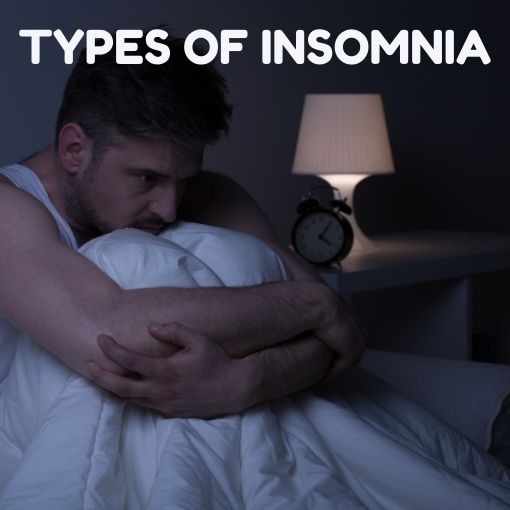
There are two main types of insomnia: acute and chronic.
ACUTE INSOMNIA
Acute insomnia lasts from a few days up to a month. It can either be transient (lasting a few days) or short term (lasting up to 3-4 weeks).
Common causes for acute insomnia:
CHRONIC INSOMINA
Chronic insomnia is indicated when the insomnia persists longer than one month, usually well after the original triggering factor has been resolved or has significantly faded in thought domination. Acute insomnia develops into chronic insomnia when a combination of factors combine, including periods of increased stress or worry, anxiety about lack of sleep, and abnormal behaviours around sleeping that become habits. Often when these occur, individuals develop negative thought patterns and associations with sleep and bedtime, such that the thought of sleeping itself becomes a learned cue, triggering wakefulness. This is when individuals usually begin to partake in a variety of behaviours, in a bid to help alleviate their insomnia, which unfortunately, over time, reinforce and perpetuate insomnia.
Some of these thoughts and behaviours include:
Thinking that sleep can be “forced”
Taking naps throughout the day
Trying to go to bed early or sleeping in to catch up on sleep
Reducing or ceasing physical exercise due to feeling too fatigued
Consuming substances such as alcohol to induce sleep and caffeine to cope with fatigue during the day
Engaging in activities in bed (before planning to sleep) to try and promote sleep (such as watching a movie or reading)
Thinking that insomnia can be cured by external factors